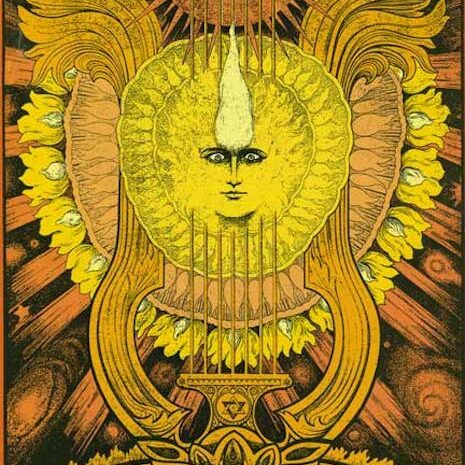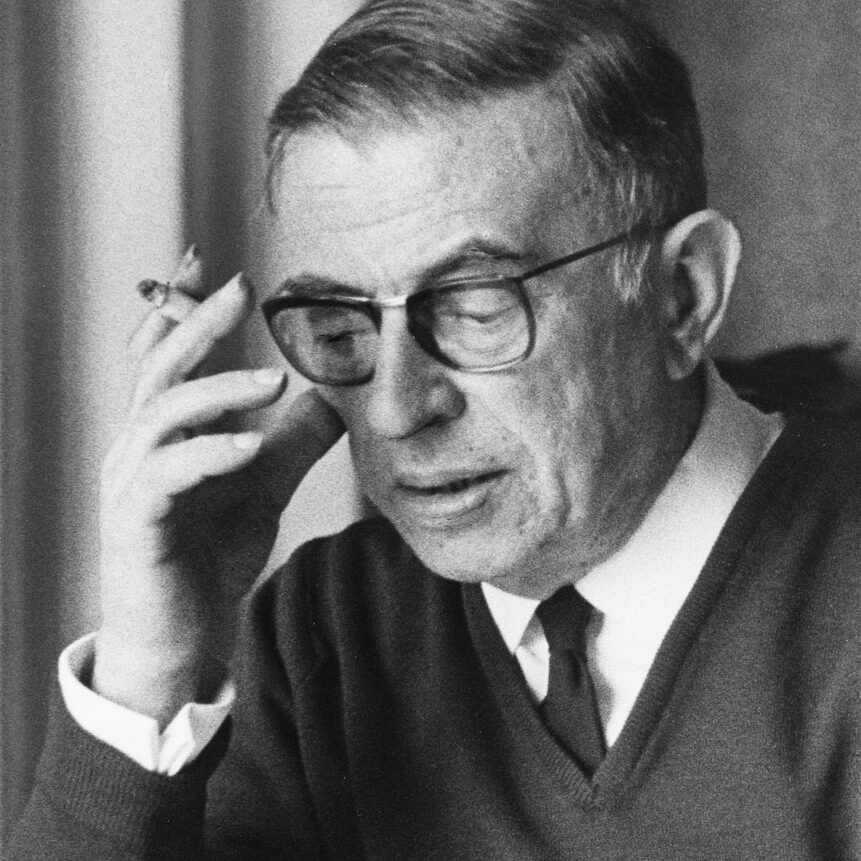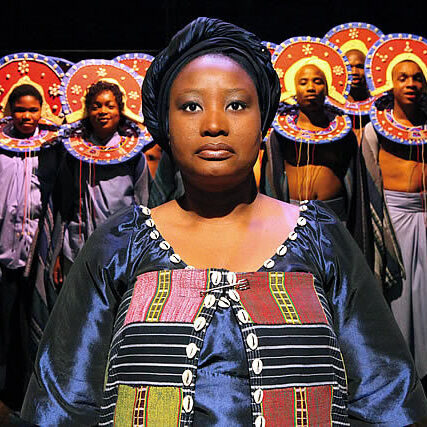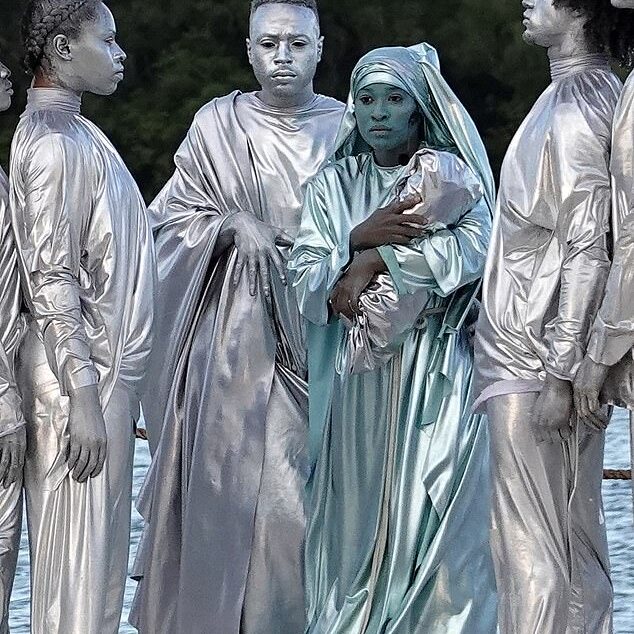Book Project




My current monograph project, “Staging Mysteries: Transnational Medievalist Performance in the Twentieth Century & Beyond”, centers on twentieth-century approaches to medievalist performance, tracing how adapted forms of the medieval mystery cycle tradition function across different times and global contexts. While scholars such as Claire Sponsler and Jill Stevenson have investigated medievalist performance in the context of North and South America, there is an absence of scholarship on broader global iterations of mystery cycles. My work addresses this absence by examining how mystery cycles have been adapted within different transnational moments of social, political, and cultural crisis in an attempt to redirect the spiritually didactic aims of medieval performance towards socially transformative ends. Ultimately, this project explores how modern medievalist performances appropriate the spiritually didactic impetus of medieval theatre to function as an historical imaginary for the transformative potential of performance.
This project investigates four twentieth- to twenty-first-century adaptations of the medieval mystery cycle tradition during times of social and political crisis: Alexander Scriabin’s unfinished multi-genre performance, Mysterium (c. 1910); Jean Paul Sartre’s first play, Bariona (1940); a South African production of the Chester Mystery Cycle, Yiimimangaliso (2000); and finally, Kanye West's medievalist operas, Nebuchadnezzar and Mary, staged in 2019. Invoking medievalist modes of apocalyptic performance, the Mysterium sought to enact a distinctly medieval imaginary of spiritual unity epitomized by the Russian religious value of sobornost’ that would be later secularized by the Soviet regime. In analyzing its Russian Symbolist aesthetics, I suggest that the Mysterium was designed phenomenologically to enact social transformation on the eve of the Soviet revolution through what I term "affective atmosphere.” My second case study approaches Jean-Paul Sartre's relatively unknown play Bariona as an overt adaptation of the medieval French nativity play tradition produced during his imprisonment by the Nazis. Drawing on the fraught political history between secular and ecclesiastical authority in the French state, I situate Bariona within the longstanding tradition of French medievalist performance as a contested political site within the national consciousness. By analyzing its carceral creation and controversial legacy, I explore how Bariona restages the medieval nativity play for the purpose of reifying the French nation in the face of the political and existential threat of German occupation. The third case study, Yiimimangaliso, presents a South African adaptation of the Middle English Chester Mystery Cycle as form of post-colonial syncretic theatre. Staged only five years after the dissolution of apartheid, Yiimiangaliso's disparate domestic and international reception demonstrates how the "unmodern" is exoticized and consumed in both medieval and racialized forms while enacting a new embodiment of nationhood in the wake of apartheid. In the wake of his "born-again" return to Christianity, rapper and producer Kanye West staged two performances that he deemed operas that devotionally stage the biblical narratives of King Nebuchadnezzar from the Book of Daniel and the Nativity of Christ. With distinct echoes to the thirteenth-century Ludus Danielis and the mystery cycle tradition, these performances--rebranded by critics as oratorios rather than operas--function as devotional performance, intertwining choral hymnody, tableaux, and processional movement through an Afrofuturist aesthetic. Within the context of the Trump presidency and the ascendancy of the Black Lives Matter movement, Nebuchadnezzar and Mary point to the the radical potential of the reclamation of medieval, sacred performance by and for minoritarian subjects.
Though stemming from vastly different genealogies, these performances converge on their invocation of the medieval mystery as a performed imaginary of cultural and national unity during times of national transition. By tracing their respective generation and reception, I proffer through these case studies the lens of "medievalist performance" as a theatrical modality that illuminates how the notion of the "medieval" circulates transnationally, challenging binaries of the modern and premodern, sacred and secular, to enact social transformation within the global afterlives of the medieval.
Research Interests
- Affect Studies
- Cognitive Literary Theory
- Global Anglophone Theatre
- Medieval Drama
- Phenomenology
- Religion and Performance
- Science and Theatre
- South African Literature & Performance